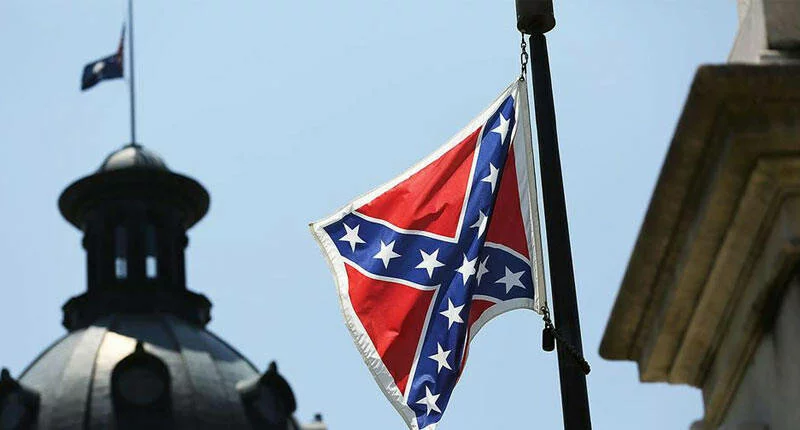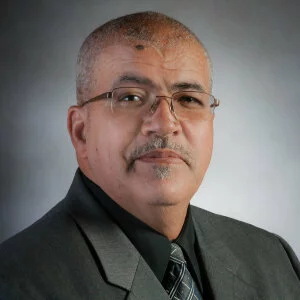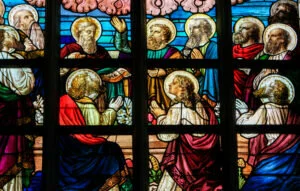I assume that behind the attempts to rid the public of signs of the old Confederacy is the motivation by proponents to accomplish elements of Jubilee: restoration, forgiveness, healing and the empowerment of all people in our communities to flourish. If this is the case, then, to denigrate what some people hold dear, even if there is radical disagreement on the validity of what is held dear, is to hinder the process of genuine healing.
There may be anger and frustration while debating about what is precious and why it is considered precious by advocates, but without some processing together, there will be a dismissal of signs and symbols without an enhancement of understanding between hostile parties and the kn itting together of divided hearts. What do people remember from their tradition and why do they ascribe worth to what they do? Caucasians, Blacks, or other racial/ethnic groups must probe each other’s memories while also engaging the processing of what is drawn from memory, if there is to be a real healing of real pain and distrust.
itting together of divided hearts. What do people remember from their tradition and why do they ascribe worth to what they do? Caucasians, Blacks, or other racial/ethnic groups must probe each other’s memories while also engaging the processing of what is drawn from memory, if there is to be a real healing of real pain and distrust.
Augustine’s view of the nature of memory alerts us to the complexity of a mutual processing of a people’s individual and collective memory. An awareness of this complexity should also motivate God’s people to beseech him continually for enabling grace.
The huge repository of the memory, with its secret and unimaginable caverns, welcomes and keeps all these things, to be recalled and brought out for use when needed; and as all of them have their particular ways into it, so all are put back again in their proper places (The Confessions, 10.8.13).
I incorporate Augustine’s view not so much to comment on every aspect of the statement. My purpose is to clarify the complexity involved with the “cavern” of human memory. Not only must the depth of memory itself be considered, but the process and purpose of what is “recalled” is an intimately related matter. Yet, to know authentically It is much easier to remove physical symbols of the past from the public sphere than to erase memory.a person, or a people, one must be mindful of the content of the memory and why what is remembered, is remembered.
The history of our country has been full of many admirable values, convictions, examples of both sacrifice for the common good and personal achievement. Our land is also full of blood, existing not only in the ground itself, but also in our memory. What if we could have conversations, beginning in the church, on why we hold dear what we hold dear? What do we hold dear from our traditions and why do we remember what we choose to remember, in the way that we remember it? If the goal is reconciliation and the enhancement of respect for one another, these conversations comprise an essential element of the process. Even for members of the church of Jesus Christ, such engagements must be grace-empowered. It is far easier to give lip-service to common confessions while still harboring resentment and distrust for one another because of what we choose to remember in the way that we remember it.
It is much easier to remove physical symbols of the past from the public sphere than to erase memory. If anyone seriously believes that such actions will do so, they are only fooling themselves. Interracial and inter-ethnic behaviors exercised in today’s tense environments have a way of reinforcing certain memories whether the physical signs are present or not. Healed memories move us in the right direction to bring true healing to our land.








Comments
Be the first one to make a comment!